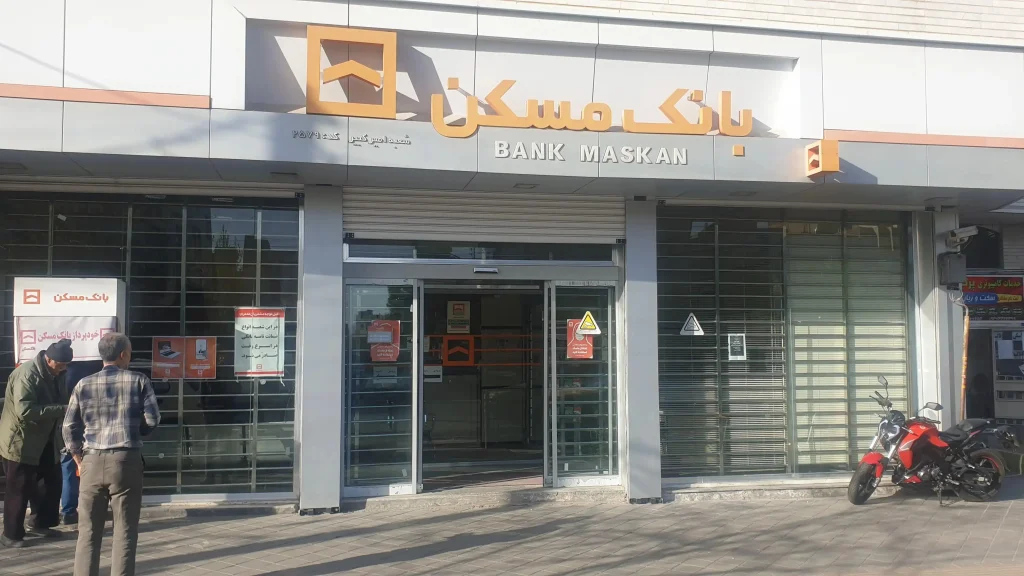
Title: Government-Backed Housing Initiatives: A Dual Focus on Support for Renters and National Infrastructure
In a significant move to address housing market challenges, the Islamic Republic of Iran has introduced a new 250 million Tomans housing loan facility. This initiative is designed to provide a crucial lifeline for two key groups: renters struggling with high costs and owners of unfinished or damaged residential units.
A Measured Response to Market Pressures
While experts acknowledge that such financial facilities address only a portion of the housing market’s needs, the measure is seen as a positive step. The high cost of housing, particularly in major urban centers, consumes a substantial portion of household incomes. This new loan aims to offer temporary financial relief and improve liquidity for citizens.
Beyond direct aid to renters, the initiative is also expected to stimulate activity in the broader housing market. By providing owners of damaged units with access to necessary capital, the program enables them to complete repairs and reintroduce their properties to the market. This is anticipated to help alleviate the current market stagnation and foster a more balanced supply-demand dynamic.
Bank Maskan’s Broader Role in National Development
The announcement of the housing loan coincides with the ongoing efforts of Bank Maskan (Housing Bank) in financing large-scale national infrastructure projects. Mr. Seyed Mohsen Fazelian, a board member and Deputy CEO for Credit Affairs, reported that the bank has allocated 390 billion Tomans (3,900 billion Rials) in facilities for the development of the country’s road networks, continuing its mandate under Article 56 of the law for Regulating Part of the Government’s Financial Regulations.
Mr. Fazelian emphasized that Bank Maskan, as an institution committed to its social responsibilities, has played an active role in financing development projects since 2019, despite financial constraints. He stated that this law has provided a vital mechanism for funding infrastructure projects, significantly accelerating their completion.
The social impacts of this financing are substantial, including reduced traffic congestion, fuel savings, and lower travel costs. Notable projects recently financed include approximately 150 billion Tomans for the completion of the Shiraz-Jahrom axis and allocations for the Fasa-Darab and Qom-Salafchegan routes, as well as a water supply project for the city of Khash.
A Legacy of Supporting National Projects
The bank’s role in foundational projects is well-established. To date, Bank Maskan has paid approximately 1.43 trillion Tomans (14,300 billion Rials) in facilities to finance the country’s infrastructure projects. This includes supplying 2 million tons of cement for over 200 development projects in 2019, constructing the Birjand-Qa’en highway, building a lane on the Tehran-North freeway, and constructing 1,000 residential units in Muradabad, Chabahar. Recent years have seen the completion of projects like the widening of the Fasa-Jahrom axis in Fars province, all supported by the bank’s facilities.
Reconstructing Conflict-Damaged Areas
In a demonstration of its social commitment, Bank Maskan is also providing special support for the reconstruction of areas damaged by conflict. In the wake of the 12-day imposed war, the bank is offering facilities of up to 250 million Tomans for the reconstruction of damaged residential units.
Furthermore, rental deposit loans of up to 250 million Tomans will be paid in Tehran, 200 million in provincial capitals and cities with populations over 200,000, and 150 million in other areas. Owners of damaged commercial, service, or administrative units can also benefit from repair and completion loans of up to 200 million Tomans.
The multifaceted activities of Bank Maskan illustrate its effective role not only in the housing industry but also in national infrastructure development, enhancing safety, and providing critical social support. The continuation of this approach is poised to strengthen the country’s transportation network, increase public welfare, and create opportunities for sustainable development across various regions.


